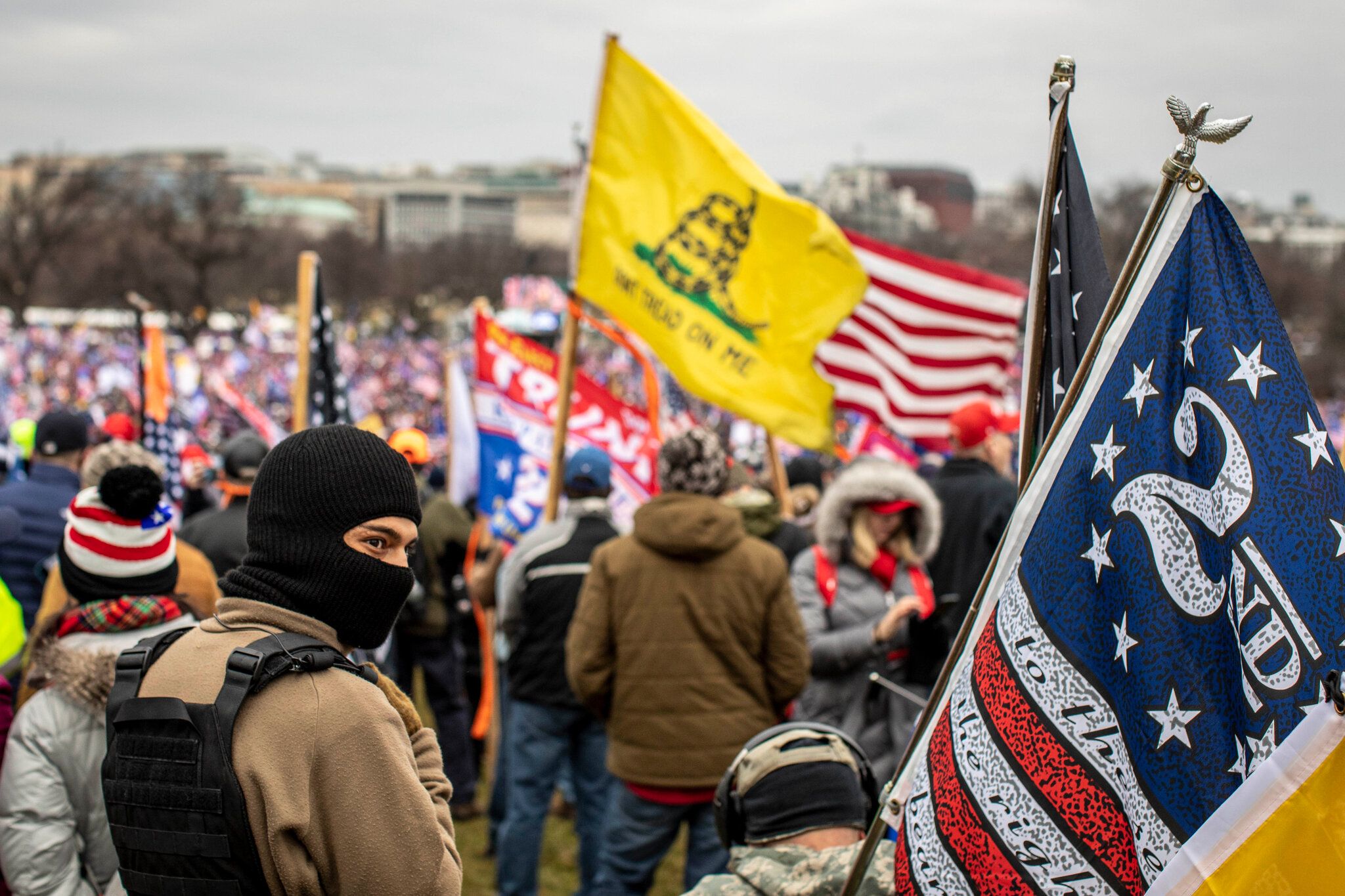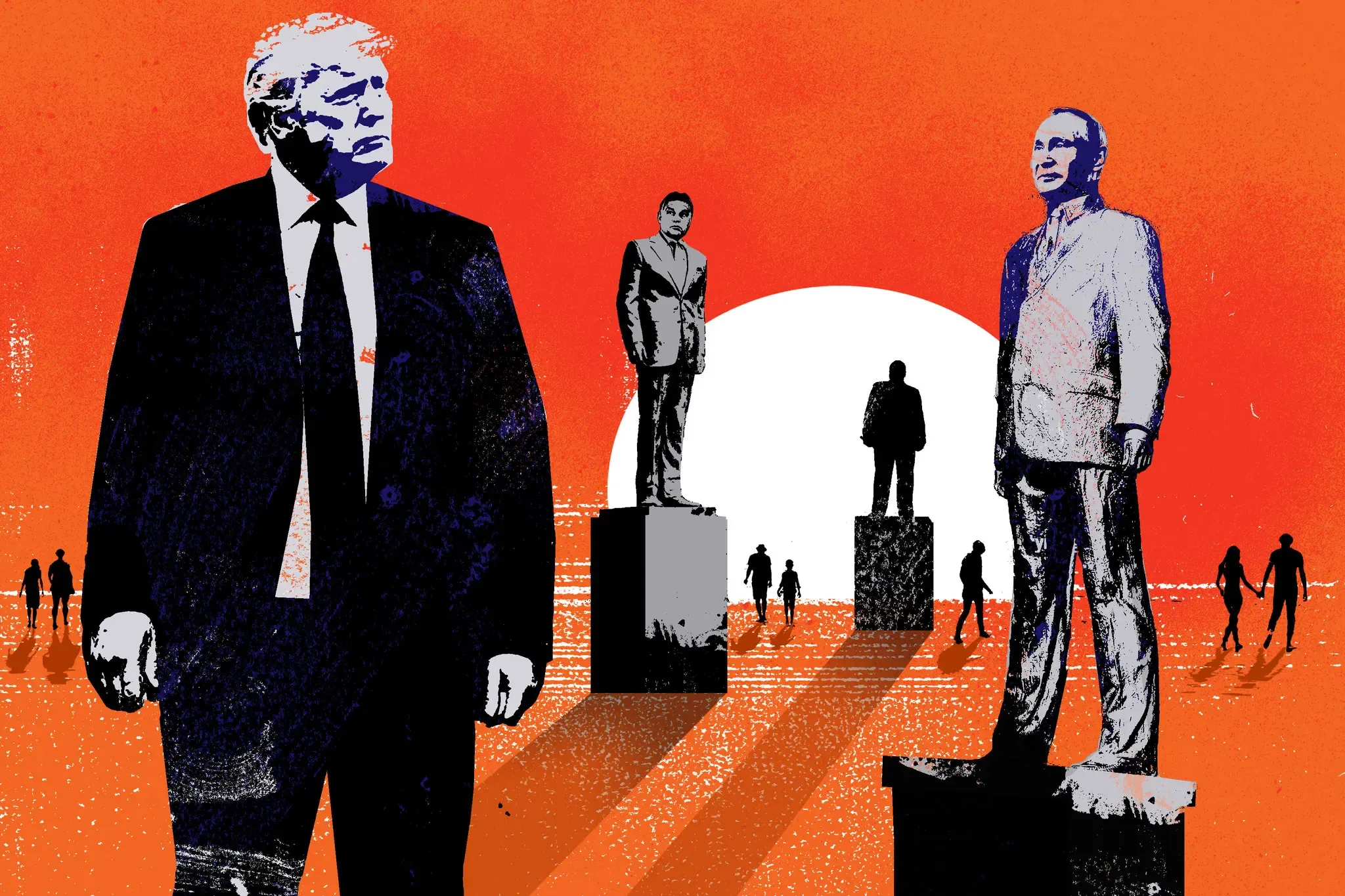By Ruth Ben-Ghiat
In an authoritarian state, there are few figures more feared and despised than informers. Ordinary people are paid by the government to monitor their compatriots and report on dissident speech or behavior at work, sports stadiums, grocery stores, bars and buses, and in classrooms. The anonymity of informers is key to their success in helping the state to break bonds of solidarity and trust among people and create a climate of suspicion, fear, and hostility. Not knowing who the informers are means that anyone could be monitoring you at any time.
One outcome of this psychological pressure is widespread self-censorship, which is a survival strategy for those living in regimes and makes the state's job of indoctrination much easier. Both propaganda and silence feature in authoritarian campaigns to retrain minds, emotions, and behaviors. Some ideas must be repeated obsessively in the media and daily life, and other ideas must ideally be no longer heard at all in public —self-censorship factors in here.
It's no accident that the transformation of the GOP into an autocratic entity during Donald Trump's presidency accelerated the Republican war on education. All of the fronts of this ongoing war draw on authoritarian history: the book bans, the censorship of curriculums, the surveillance of syllabi and lesson plans, the demonization of professors, teachers, and librarians as perverts and radical leftist indoctrination machines, the assertion of "parents' rights" as a cover for right-wing activism, and the establishment of pathways for a culture of informing to take hold.
The bill approved by the Tennessee House and Senate that would allow students and staff to report professors who taught about the legacies of racism and slavery and other "divisive concepts" in their 2022 classes is one example. Empowering students to police their instructors helps the state weed out people who they claim are "advancing political or social agendas," in the words of Tennessee Republican State Rep. John Ragan.
Professor Watchlist is another example. Founded in 2016 by the Koch-funded Turning Point organization, it encourages students to "expose and document college professors who discriminate against conservative students and advance leftist propaganda in the classroom." Its magnifying glass logo emphasizes the role of surveillance in compiling "instances of radical behavior among college professors." The personal page of each targeted educator includes the phone number of their college or university so that anyone can call and complain.
Both of these initiatives build on a century of authoritarian actions meant to silence liberal and leftist politics in educational institutions so that right-wing agendas and narratives can gain hegemony.
Appropriately, I landed on Professor Watchlist for my 2021 CNN.com op-ed entitled "Parental control is a smoke screen for right-wing activists," about assaults on the authority of educators as part of a campaign to encourage divestment from liberal secular ideals of public education. It is also unsurprising that my Washington Post essay on gun violence as priming America for authoritarian rule features on my personal Professor Watchlist page. More violence, and more silence about that violence, have always been the formula for continued repression.
Educational institutions and those who work within them always come in for scrutiny when authoritarianism is on the ascent. From the recruitment of informers to the expulsion of dissidents, what happens on campus reflects and often anticipates larger transformations as authoritarianism takes hold.
For a century, informers have been key to turning campuses and schools into sites of mistrust, fear, and indoctrination. Authoritarian states organize networks of student spies to monitor their peers at their favorite off-campus cafés and bars as well. Reports by Italian Fascist Political Police informers I accessed in Rome's Central State Archive show that any questionable comment or joke by students or professors about the regime was enough to have a dossier opened on you—with multiple infractions prompting investigations of your family members too.
Informing has been a mainstay of Communist as well as Fascist regimes, and Il Duce developed the template for right-wing transformations of educational institutions. After an initial purge of leftists and liberals (who were imprisoned or forced into silence or exile), the regime used bureaucratic means to pressure educators into compliance.
Since most Italian universities were public, funds could easily be redirected, and as civil servants, professors and researchers could be required to sign a loyalty oath to the King and Fascism, as happened in 1931. After 1932, Fascist Party membership was mandatory to compete for any academic position, but informers still kept busy denouncing card-carrying professors and students who deviated from the party line.
As authoritarian parties and regimes radicalize, enacting extremist laws and measures that are often unpopular with the majority of the population, more and more informers are needed to turn the screws and keep people silent.
The Fascist police files of informers assigned to students grew larger when Il Duce allied with Adolf Hitler in 1936 and the regime's repression escalated. In response to alarming reports of “a notable dampening of Fascist faith” among students as Italian Jews, LGBTQ individuals, and Slovenes and other borderlands populations came in for persecution, the government doubled down on propaganda and threat.
A 1936 entry in Italian writer Corrado Alvaro's diary expresses the psychological toll of living for years in a society set up to destroy bonds of solidarity and encourage suspicion and fear. "[D]ay after day, relationships and friendships come to an end. You hear that someone has spread a rumor about you...So now you could be a police informer...someone to be avoided...Even family ties suffer if they are not strong. And in despising others, one comes to despise oneself."
And that is the ultimate goal of authoritarians and their attacks on education: removing all sense of personhood, dignity, and hope so that you will take the easy path, imbibing the party line while remaining submissive and silent. In time, you will pretend to forget those now-banned histories or be too afraid to pass them on to your children lest they speak of them in public.
The Republican assault on educators in America who expose students to ideals of peace, equality, justice, and compassion and the history of righteous struggle continues a trajectory that dates back to the Fascist era. Whether in Tennessee or New York City, encouraging students to become informers as a means of intimidating professors into censoring themselves is part of a calculated plan to erode democratic models of education and reward authoritarian models of social relations. History is clear on the destruction that ensues when societies take this path.





